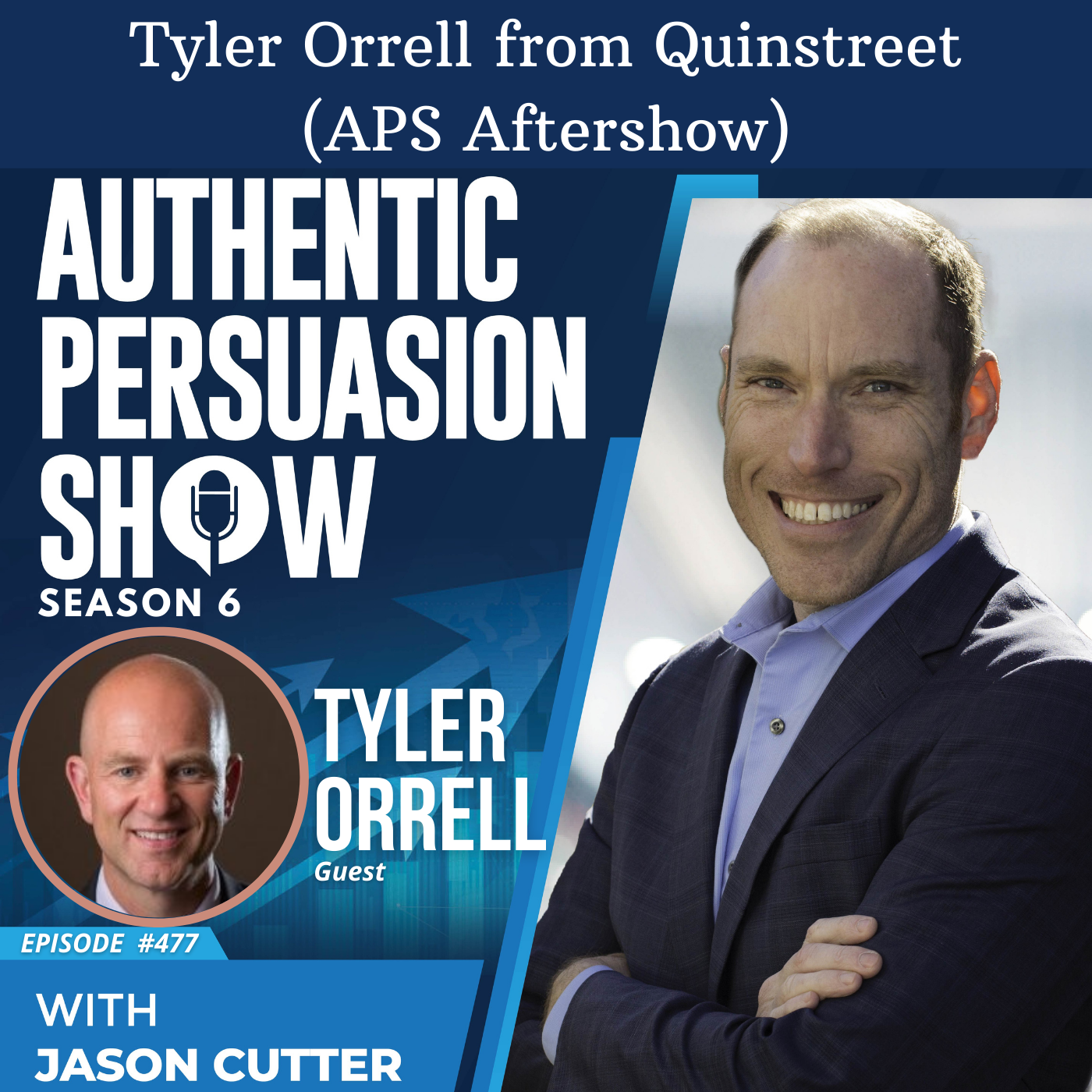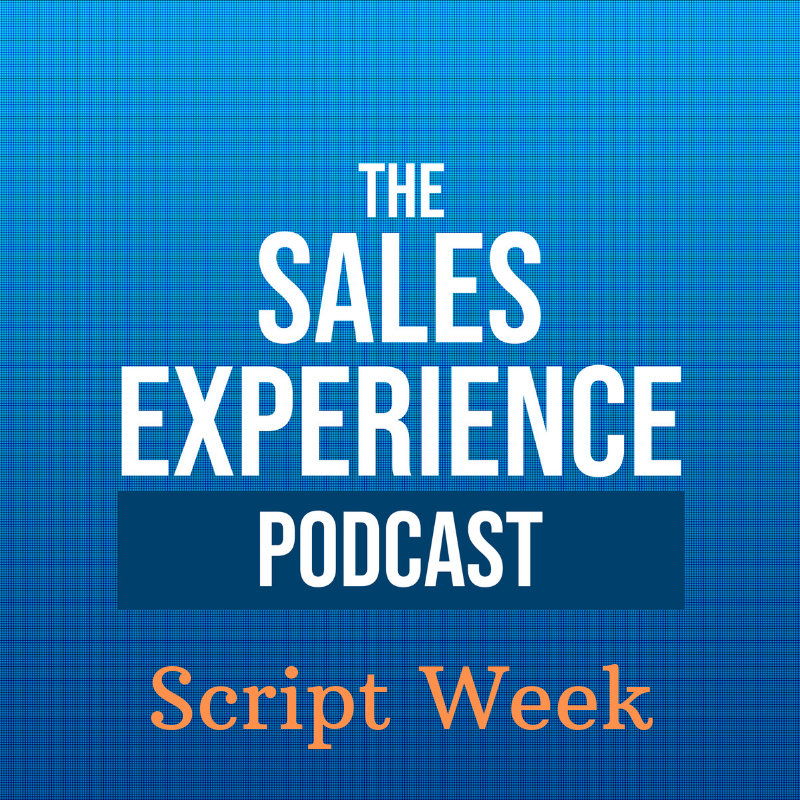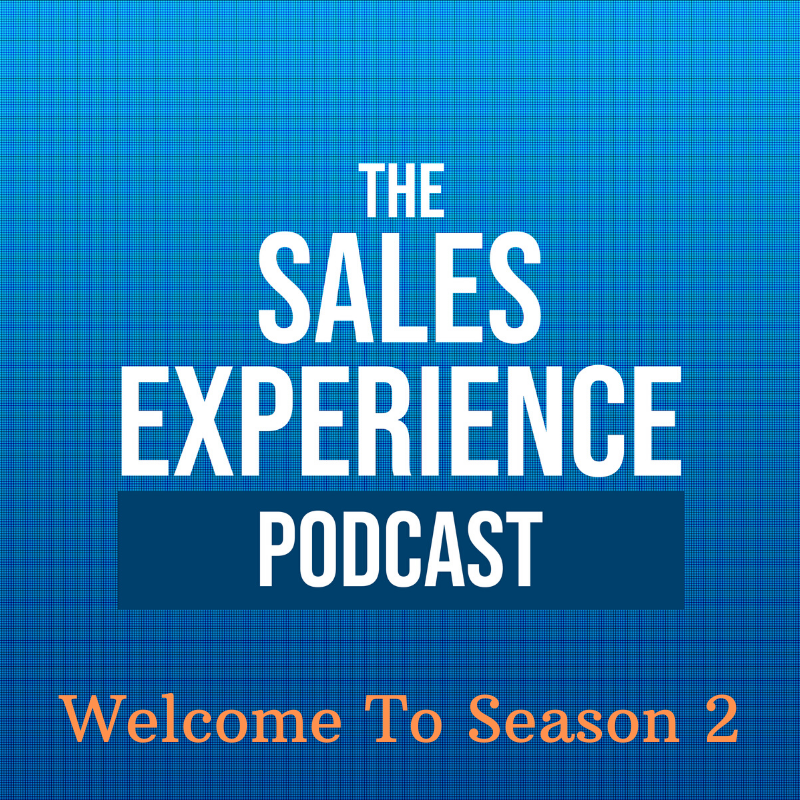Episode Transcript
[00:00:00] You. This is the authentic persuasion show.
[00:00:06] Hey there, and welcome to episode 570 of the Authentic Persuasion show. In this episode, I want to talk about listening, actually listening. Now, what's interesting is LinkedIn is a great place to meet people, to chat with people, to network, to expand your network. It's also where you can sell things. You can try to reach out to people. A lot of people use it purely for lead generation. Some people use it for learning about things, using it as a source of content. I constantly meet people in person, like at trade shows, conferences, where they follow my content. They never interact with it. They're not trying to sell me anything. I'm not trying to sell them anything, but they're getting value from the post. And then, of course, there's all the people that try to sell you things all the time on there. But what's fun is interacting with people of different kind of backgrounds, different industries, and then hearing kind of what's going on out there. And anybody who listens to the podcast or watched any of my videos, especially with guests, knows that most of the people I connect with, it's via LinkedIn, because most people that I interact with, they shy away from answering the phone. Their email box is filled up, or they shy away from it, but they might be on LinkedIn. And the reason I say this is that I was interacting with a guy that I've been connected with for quite some time. His name is Todd Nelson. And we were chatting about sales and sales challenges. And it's not that he brought up anything new or interesting. It's just that what he said was that what's missing in the world of sales today is still listening, and truly listening is what he said. And his point to me was that most of our communication as humans, most of our interpreting the world, especially between each other, is nonverbal. Right? It's like 90 something percent is nonverbal as far as the way that we communicate with each other, which means that watching, somebody observing, somebody seeing their facial expressions, their body movement, things like that, and then also picking up on things, what they say, what they don't say, is important. Right? So we're very visual. Now, if you live in a world where you're doing things over the phone, or maybe you're doing video conferences and video meetings, you have a limited view of people, then what it means is you're mostly listening. I know that when I first started in a role of dealing with people, in a professional role, I won't even say it was sales, but it was in the mortgage business. It was 2002, and I was instructed to get in front of people as quickly as possible. Assume somebody called, don't do anything over the phone, don't try to explain anything, don't try to sell anything, don't try to get information over the phone. Just literally set up an appointment and go to them or get them to come to you so that you can then build a relationship and you can build trust in person, and you can have them meet you and build that bond in person. Right? Again, most of our communication and relationship and trust building is based on nonverbal communication. And so don't try to be a verbal machine and do everything in person. Again, I say that it wasn't sales or not sales because it was 2002 in the mortgage business and everyone wanted to buy a house, and so it was order taking at its finest, because everyone just was eager to buy a house or refinance. And so there wasn't much selling involved. It was more just relationship building and order taking. So anyway, fast forward years later, 2006 went to work for a company. 2007 took over the sales team, and that company was only operating over the phone. Their whole premise was instead of going to people's houses, dealing with real estate, let's do it all over the phone. Inbound or outbound, just do it at a scalable way. It was my first experience with telephone sales.
[00:04:14] Call center mode, telemarketers direct mail into calls, setting up a sales process, technology, phone systems. It was my first time dealing with all of that. And at first I didn't think it was possible. I truly did not think you could do the type of work we were doing and help the type of people that we were helping over the phone, because I thought you had to do it all in person. And what I learned by sheer need and necessity to be successful and help the team figure out how to be successful when I took over was that you can do it. And I found that I have an amazing talent and ear for listening. For me, it's normal and natural, and I don't know if it's something I've always had or if it's something I've really worked on and gotten better at once. I was in that non visual mode where you don't have anything but listening. I've seen enough people who, they get into that mode where they go from a physical in person sale, maybe it's door to door, maybe they're used to restaurants or retails or something like that, and then they get into the phone world and they think, hey, this is great. Now I can sit at a desk and I can just be on the phone and I don't have to walk around or I don't have to be out in the elements knocking on doors. And some people have the skills that translate well. Other people are so used to the physicality of it and leveraging their physical nature or their looks or their charisma in person that literally they fail over the phone because they don't listen. In fact, funny side story, I had this woman work for me once, and it's like maybe 2010, 2011, and she had been, and still part time, was working as a bartender, especially for clubs and special events. And she would literally show up to work, usually a few minutes late, and then she would have her makeup case with her, and she would be doing her makeup to get ready for the phone job. It was all phone. There was no video, there was nothing. It was purely phone.
[00:06:19] And she was still trying to leverage the physical nature of what made her successful and appealing as a bartender, but over the phone. And of course, it didn't work. And she was not successful because she wasn't listening. She was just hoping that it worked. I mean, honestly, she would just bat her eyes while on the phone when people would tell her no. And for some reason, that didn't work like it did in her normal life. And the reason I mention all this and going back to what Tod mentioned and sent me on LinkedIn, which I really appreciate, is that listening is so important, whether you're in person or over the phone. And so many people struggle with it, truly listening, but there's so much power to it. This is what I teach everybody, is that if you can listen to people, you can ask questions, you can be naturally curious, and then you can listen and use active listening. And active listening is where you're listening to somebody speak and not thinking about what you're going to do next, what you're going to say next, not multitasking, not doing anything other than listening and being in the moment with that person, that's active listening. If you can do that on the heels of being curious and asking questions and coming from a place of empathy where you actually care what the person says, and you actually have an intention of wanting to help them get to a better place based on what they say, and is there an intersection with what you know could help them, what you sell that could help them, or a direction you could point them in, then that is an amazing thing that the world is eagerly missing and craving right now. If you've ever had that kind of a conversation, you'll know it because it'll feel weird at first, and then it'll be amazing. When you're on the receiving end of it where someone's asking you questions, there's actually no ulterior motive in it. They're just curious and they're just listening. And then they don't have to one up you. They don't say, oh, yeah, that reminds me of a time when blah, blah, blah, and I did this and I did that and oh yeah, this. They're not having to match you story for story. They're actually just listening and they're curious and they want to know more. It's a great experience and it builds trust in that in itself. It builds trust because it's like, wow, this person cares about me and they are listening to me. That's the biggest thing you want to focus on. When you're having conversations with people in a role where your goal is to leverage authentic persuasion and move someone forward towards the right option for themselves to a better place, whether it's with your product or in another direction, if you haven't qualified them yet in your conversation. But it is to use listening. It's to be an active listener in the conversation and truly listen. I'm telling you, if you do that and when you do that, it will actually set you apart from so many people that your potential customers are engaged with, that are interacting with the people in their life. Their family, their friends, I promise, are not listening to them.
[00:09:22] Their coworkers are probably not listening and just thinking about their own lives and not actually curious and actually listening. Other people trying to sell them are not actually curious and actually listening from a place of true intention on leaving them in a better place. They're just trying to figure out the angle so they can sell them something, find the pain point, right? Like they're just going through their pain submarine process and they just want to find the pain so that they can stick their thumb in the wound and make them cry for help.
[00:09:49] If you approach every single person with curiosity and an openness to learn about them and then use active listening to actually listen with empathy and show them that you care by doing those things, it will lead to better sales results. That's why I say all the time, like, if you're having to ask for the sale, you're doing it wrong, which is another conversation. If you find that sales is really hard, you're missing the fundamentals of authentic persuasion and the authentic persuasion pathway. Because when you follow the authentic persuasion pathway. Everything else is just admin. When you get done with the five step process that I have, which, again, part of it is empathy, which is the discovery step, but done in a certain way, when you follow that process, there is no sale that needs to be done. The rest of it is just fulfilling what it is that you're telling them would make the most sense for them. And so make sure you're listening, make sure you care. Make sure you have empathy. If you don't, if you don't care about people, if you don't think you're empathetic and don't really want people to be in a better place, or don't care what happens to people, if you truly don't want to listen to people, please stop being in sales or take a self assessment and figure out how do you shift and how do you change. How do you make yourself into that kind of sales professional that the world actually wants. And the reason I say you could make it is if you have the intention, if you have the awareness and say, wow, what I'm doing is not working, but I'd like to do it in a different way. And I would like to be a different person towards my customers. Anybody can change. Anybody can make a big leap in their lives in the way they do it. I'm saying that for myself, where I made myself into the person I am today. Again, you know my background. I was tagging sharks instead of dealing with people because that's how I felt about people. I'd rather be on a boat surrounded by great white sharks than anywhere with people. And so I made myself into this, which means you can do it, too. The first step is always the hardest, which is meaning you have a problem, and then it's all about getting help from there, which only partially joking because that's the key, but important, make sure if you don't care, if you don't have empathy, if you're not curious, if you don't actually want to listen to people when they talk, please stop being in sales. If you're not willing to fix it, if you're not open to change and open to feedback, please stop. That's what makes sales so gross. That's why people do not like interacting with salespeople, is because of the combination of those things that are missing. So hopefully that helps. And if you do want help with this, I have a course, I have a membership program, I have books. I have all kinds of things like where you could start and really shift your mind if you want to learn more. And master the authentic persuasion pathway and become an authentic persuader. My online course is available. Make sure to check that out. And thank you for being here for listening to this. Hopefully actively, hopefully not too much multitasking. Thank you for being here and thank you for helping fill the world with authentic persuaders. Our channel.
![[570] Are You Really Listening?](https://episodes.castos.com/salesexperiencepodcast/images/1478855/Are-you-really-listening.png)


